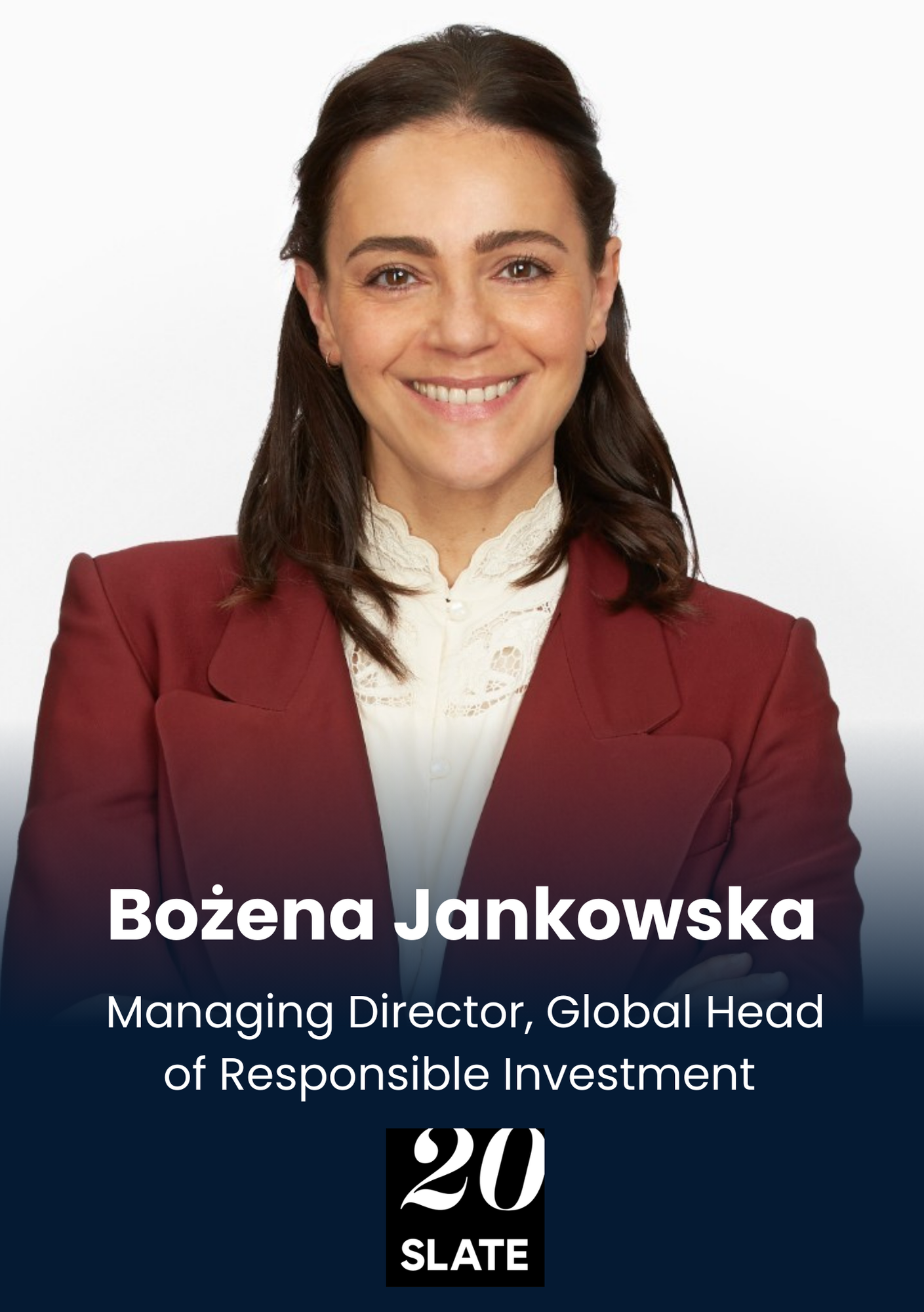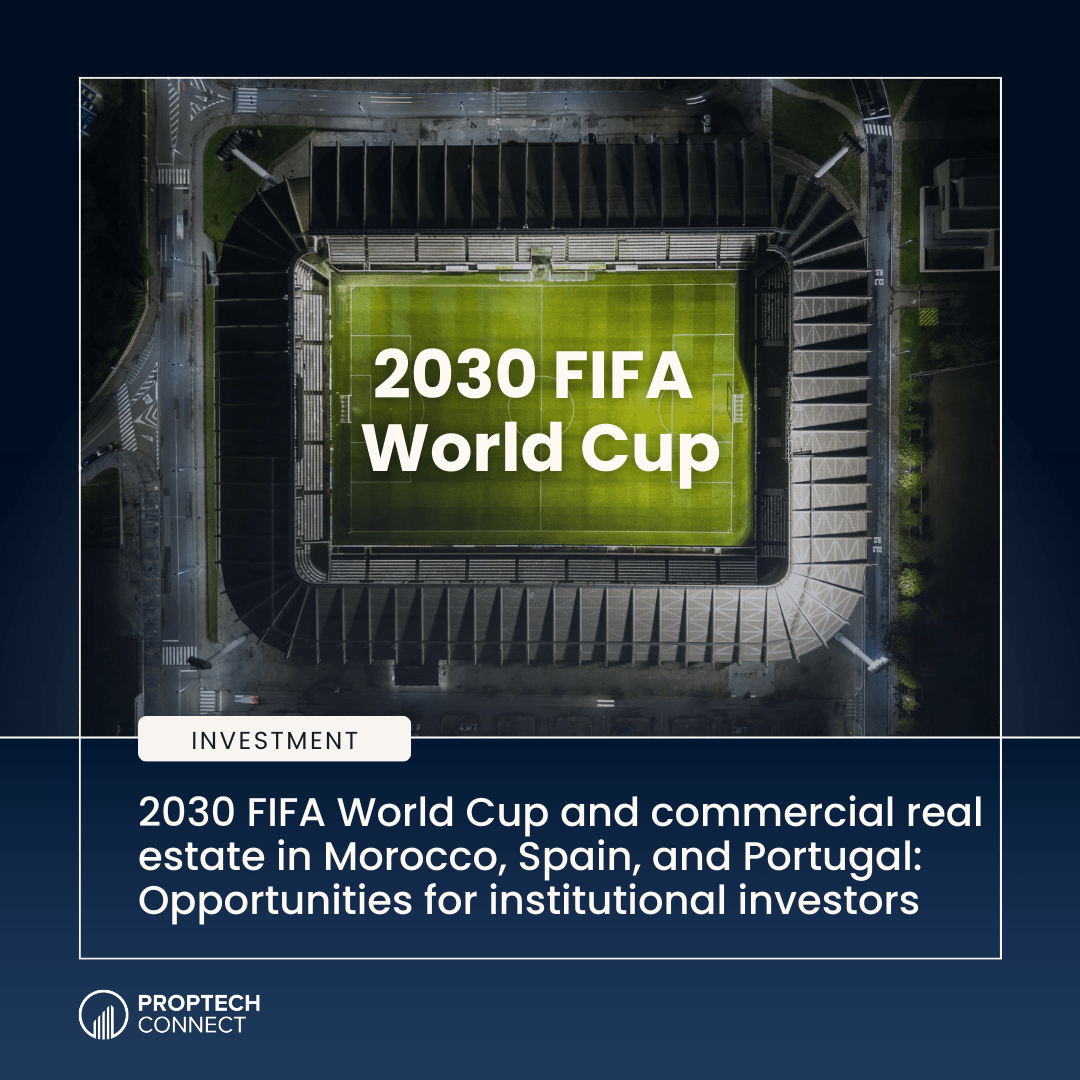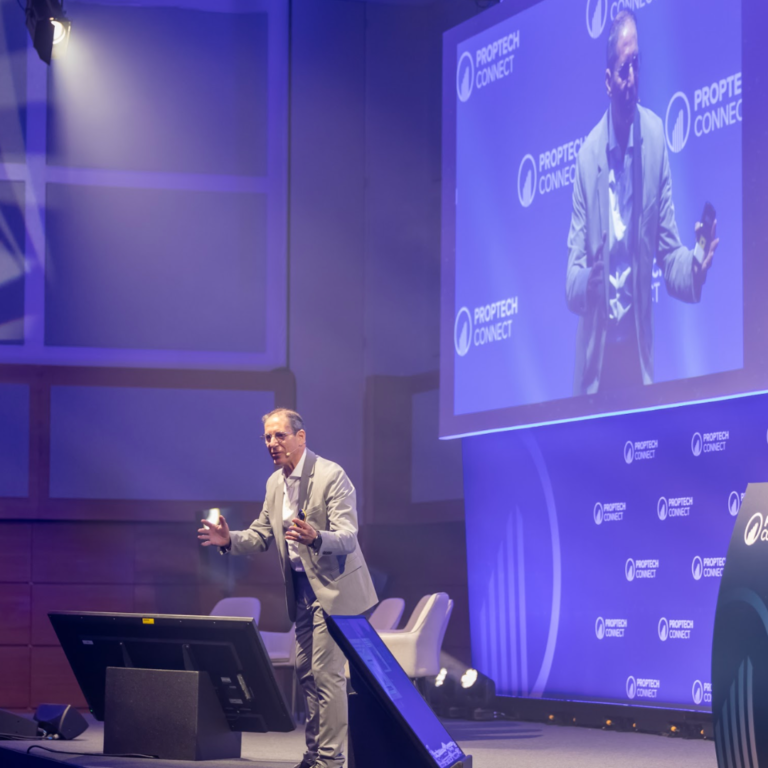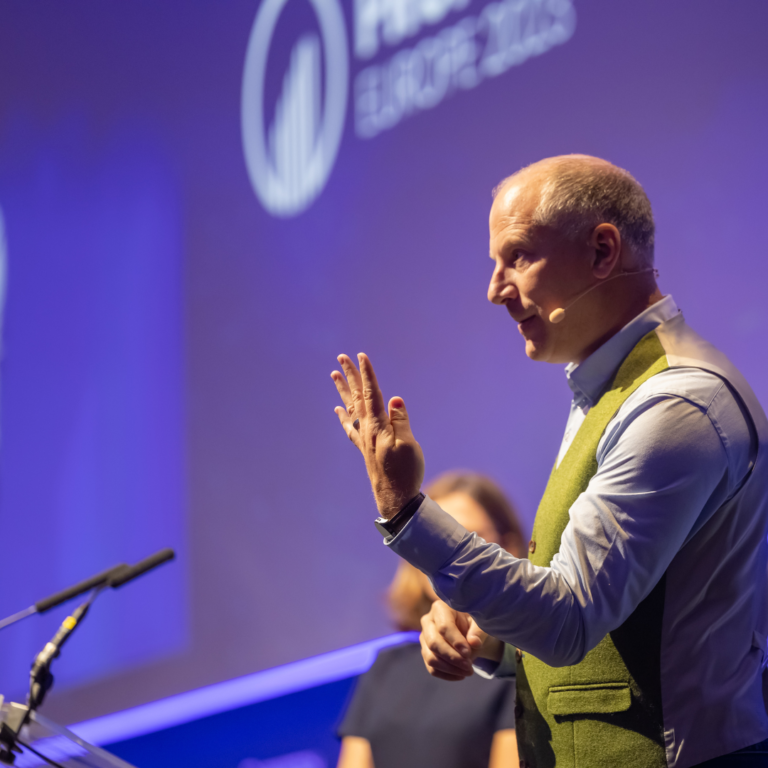
Shared 28 March, 2025
PropTech Connect » News & Insights » News

Hosting a World Cup often requires significant expenditure. And spending often goes over budget, especially when new infrastructure is needed. FIFA requires World Cup hosts to have at least seven stadiums, some with a capacity of 80,000, along with security, infrastructure, sustainability, training grounds, transport links, press centers, and fan zones.
By co-hosting the event, Morocco, Spain and Portugal can more easily meet FIFA’s requirements by limiting their investment in infrastructure, while benefiting from the potential economic impact of hosting the event. The three countries are betting that hosting the World Cup will significantly boost their respective economies through increased tourism, measured infrastructure development (spread across three different countries) and global visibility:
Investment opportunities
Institutional investors should consider several key asset classes in the commercial real estate sector:
The 2030 FIFA World Cup is a compelling opportunity for investors to capitalize on the anticipated economic and infrastructure developments in Morocco, Spain and Portugal. By focusing on key asset classes such as hospitality, retail, office spaces, and infrastructure projects, investors can position themselves to benefit from the long-term growth and increased demand in these markets.
Join our community of 200,000+ real estate leaders and get weekly insights and updates with our newsletter.









*Offer ends on Friday, 7th February.
